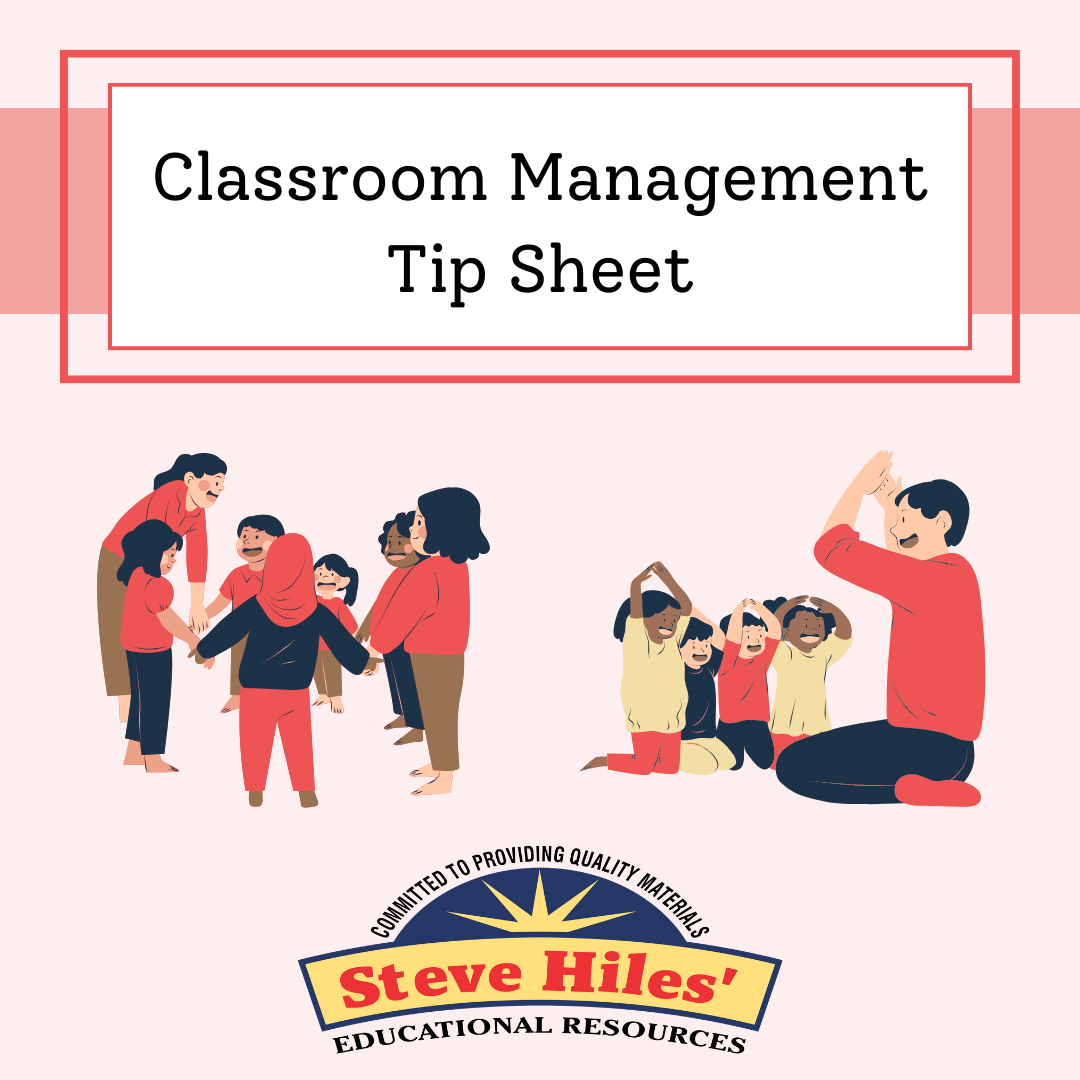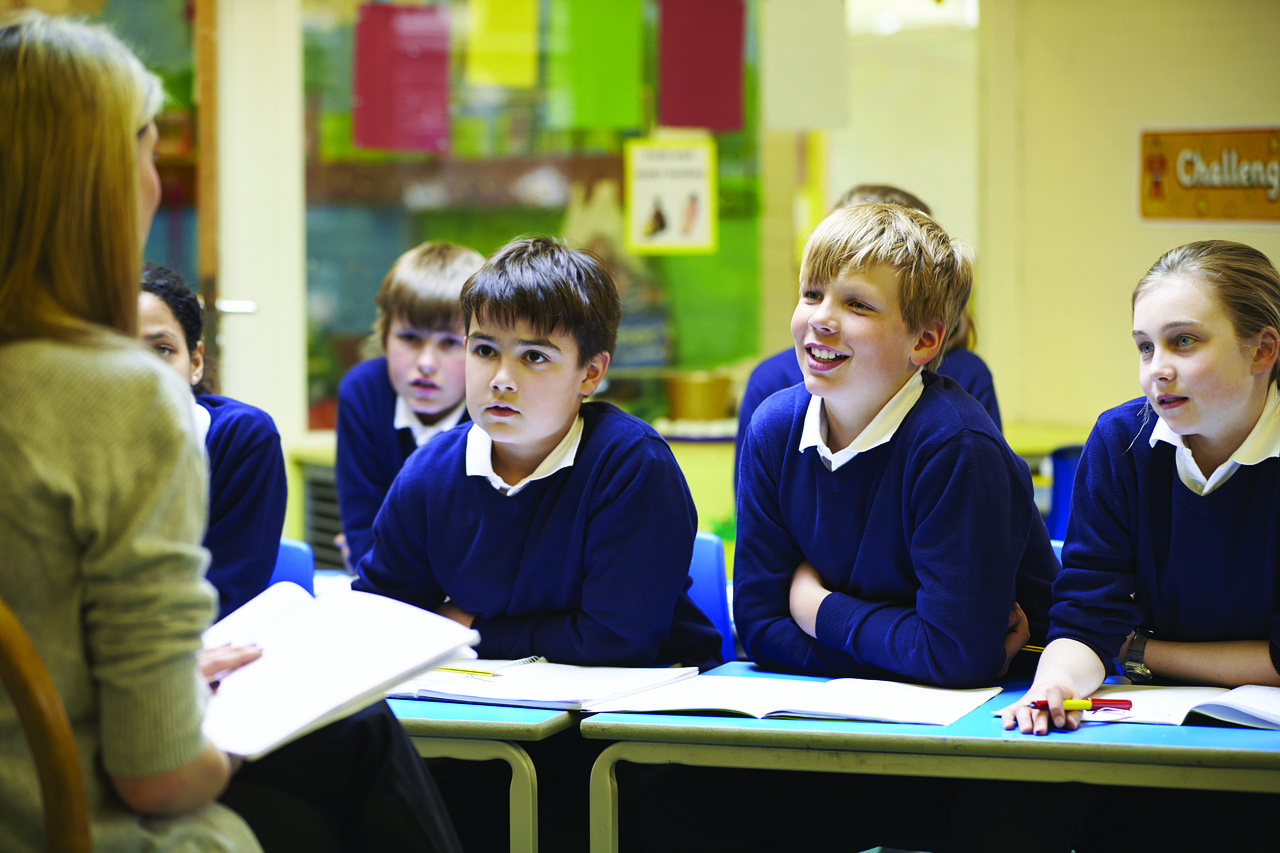Educators that are well seasoned take advantage of building curiosity and the willingness to perform or being called the smart one from a very early age.
Fun games that keep students brains engaged and busy do not exist for teachers to catch a breath while the students solve puzzles, but it is an added bonus.
The main reason and importance of having such activities go beyond surface level information we had before.
The brain begins to mature even before birth. Although it continues to mature throughout most of life, the brain does not mature at the same rate in each individual.
This should not be surprising. After all, our bodies grow at different rates, we reach puberty at different ages and our emotional maturity at different times as well. Why should our brains be any different?
Just because you have a classroom full of students who are about the same age doesn’t mean they are equally ready to learn a particular topic, concept, skill, or idea. It is important for teachers and parents to understand that maturation of the brain influences learning readiness. For teachers, this is especially important when designing lessons and selecting which strategies to use.
As a teacher, all children need to be challenged and nurtured in order to profit from your instruction. Instruction that is above or below the maturity level of a child’s brain is not only inappropriate; it can also lead to behavior problems in your classroom. Inappropriate behaviors such as avoidance, challenging authority and aggression towards other students can be explained by a failure to match instruction to brain maturity of your students.
You should also know that all brain functions do not mature at the same rate. A young child with highly advanced verbal skills may develop gross and fine motor control more slowly and have trouble learning to write clearly. Another child may be advanced physically but not know how to manage his/her social skills. Others may be cognitively advanced but show emotional immaturity.
For all of these reasons, it is important to understand how our brains mature as well as the differences that may be present at each stage of “normal” development.
But let us veer away from the text book for a minute and gauge the realistic advantages educators and teachers will have if they add challenging brain games into the curriculum without taking away the essence of them being just a game for the children.
Table of Contents
ToggleNumber 1: They offer opportunities for early learning
Even simple games help young players identify colors, count spaces, and develop hand-eye coordination and dexterity in moving cards and pieces around the board. Plus, learning to wait your turn and follow the rules are important lessons that serve kids far beyond the living room floor.
Number 2: They get older kids’ brains buzzing, too
Board games are an easy way to encourage healthy brain development in older kids and teens. “Strategy games are useful in helping the frontal lobes of the brain develop,” says Beatrice Tauber Prior, Psy.D., a clinical psychologist, author, and owner of the private practice Harborside Wellbeing. Those frontal lobes are responsible for executive function skills, which include planning, organizing, and making good decisions.
Number 3: They boost their language skills
Board games can be a sneaky way of helping school-aged kids work on skills they’re struggling with. Have a reluctant reader? A round of BOB Books Happy Hats Beginning Reading Game will help them expand their vocabulary and flex their spelling skills.
Meanwhile, games in which players have to remember several pieces of information at once who did what, and where might help a child who’s having trouble with reading comprehension all while still having fun.
Number 4: They sharpen your child’s focus
Board games, when played without interruptions, can help lengthen a child’s attention span. But to reap the benefits, everyone needs to commit to seeing the game through to the end.
If your family sits down for a game of Chinese checkers, be sure to complete a full game without everyone checking their phone, asking Alexa to play a song, or turning on the TV for the latest football scores, adds Prior. Finishing a board game without interruptions will help lengthen the declining attention span of kids in a world filled with digital distractions.
Number 5: They teach the value of teamwork
Board games often offer kids meta-messages about life: Your luck can change in an instant, for better or for worse. But in addition to teaching them that nothing is guaranteed, board games are a good way to encourage kids of different ages to team up and work together something they’ll need to do throughout life. Form teams of older kids working with their younger siblings, or choose a game like The Brainiac Game or Race Across the USA, which have questions tailored to grades 1-6, so everyone’s challenged fairly.
Number 6: Board games are an alternative to time out
The next time you find yourself going through a rough patch with one of your kids, consider playing a board game together instead of sending them to their room. “I often use board games as a mechanism to work on the parent-child relationship,” explains Regine Galanti, Ph.D., a licensed clinical psychologist and professor at the Ferkauf Graduate School of Psychology at Yeshiva University in New York City. They can also be used to increase frustration tolerance in a child.
In other words, taking turns and practicing patience during a game even when things don’t go their way can help little ones practice more respectful responses than stomping off and slamming their bedroom door shut.
Number 7: Board games soothe anxiety
They may help anxious kids learn how to navigate friendships more easily. “Because they’re structured, board games can provide an easier way to build interpersonal relationships with peers, since the child knows what’s expected of them, says Galanti. For kids who struggle with striking up conversations with others, Galanti recommends games that promote structured opportunities for chatter, such as guessing games.
Number 8: They show kids how to be a good loser
If you’re playing with a child who has low frustration tolerance, and losing is really difficult for them, allowing them to break the rules at first can make the game more tolerable and fun for them.
But your goal should be to purposely play by the rules and encourage them to use coping skills and promote resilience when things don’t go their way.
For instance, you might say: “I’m so proud of you for staying calm even though you picked a card you didn’t like. I hope next time you pick a good one!”
Number 9: Board games are a great way to unplug
The lack of technology required to play board games makes them special. They are a simple way to get quality, screen-free time with the kids and you might be surprised by how much they love playing.
Families are struggling to find the balance between digital and real-life connections, but board games provide a tool for that emotional connection to each other. Order pizza and make it a way to celebrate the start of the weekend together!
Now that we know what the real benefits brain games hold, here is a list of some of the most effective brain games not only for teachers but even parents can try at home.
1: Blocks
Blocks have been the most basic brain games for kids since the beginning of time and have remained a constant in the ‘toy-sphere’ and there’s a good reason why.
Expose your child to blocks of different colours and sizes and that’s it! Let your child explore the blocks and let their imagination run wild.
All aspects of your child’s development are exposed including shape/colour recognition, creativity, spatial awareness, and so much more.
2: I spy games
Classic games such as ‘I spy with my little eye…’, ‘Simon Says’ and scavenger hunts are fun brain sharpening games.
These types of brain development games help your children to follow instructions, enhance attention, develop language and increases their spatial awareness. Books like “Where’s Waldo?” are great for children and adults, finding a targeted item in a cluttered environment helps enhance your child’s cognitive systems.
Scavenger hunts can be easily customized and can keep your children occupied for hours!
3: Brain teasing Puzzles
Puzzles can be fun for the whole family! They are a great way to develop your child’s spatial perception, coordination, problem-solving, cognitive skills and fine motor skills proving puzzles to be awesome games for brain development.
There are many different kinds of puzzles to choose from, tangrams and board puzzles for younger children, and older children and adults can indulge in Scrabble, Sudoku, crosswords, logic puzzles and even Rubik’s cubes! At any age, puzzles are sure-fire brain teasers!
4: Obstacle Courses — Jump, skip, run and hop!
Obstacle courses are easy to set up and one of the best mind games for kids. You can set one up right in your living room.
Create simple obstacle courses using household supplies, increase the complexity with creative obstacles for older kids.
Obstacle courses help enhance your child’s gross motor, visual perception, motor planning, coordination, problem-solving, critical thinking and language skills.
There are so many versions of obstacle courses! Here are some items you can use to create an obstacle course indoors: pillows, chairs, tables, cushions, sofa, tables, storage boxes, string, paper, balls, hula hoops.
5: Storytelling – Once upon a time…
Storytelling helps prompt a different brain development compared to what children gain when listening to a story or reading a picture book.
Storytelling requires for your child to pay attention and focus for a long period of time.
They also help their memory, as they have to keep track of the story characters, the sequence of events and what’s going to happen next.
Storytelling also helps develop your child’s language, vocabulary and confidence! Each story requires them to make connections and articulate them.
Children at the age of six are developing self-confidence and independence; stories are a great way for them to express their feelings and emotions in a positive manner.







